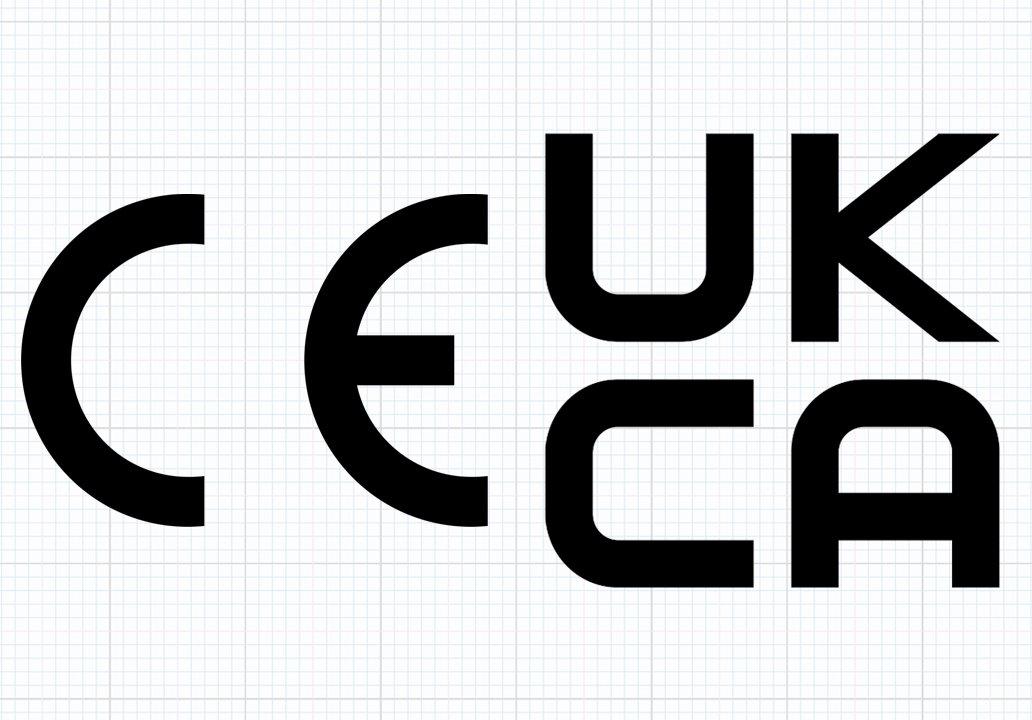A raft of further easements on CE marking deadlines have been announced by BEIS, along with a review on how costs and burdens on firms can be reduced further.
The easements include:
- CE marking and reversed epsilon marking will continue to be recognised until the end of 2024 for most goods being placed on the UK market or put into service in Great Britain.
- Firms will be able to affix the UKCA marking, including importer information for products from EEA countries (and in some cases, Switzerland) on an accompanying document or a label until 31 December 2027.
- Conformity assessment activities for CE marking undertaken up to 31 December 2024 will be able to be used by manufacturers as the basis for UKCA marking, until the expiry of the certificate or until 31 December 2027.
Statutory instruments are to be laid by BEIS imminently to give effect to these measures, with similar initiatives by other departments. For example, construction products are regulated by the Department for Levelling Up, Housing and Communities (DLUHC). These should end uncertainties, which some machinery firms say has led to European suppliers refusing orders pending clarification of legal requirements.
The Office of Product Safety and Standards, which is part of BEIS, says the move is “part of new ministers’ commitment to reduce burdens for industry” and to provide more flexibility.
OPSS is to consider how best to reduce costs and burdens further. A new Product Safety Review consultation seems likely. It would also revisit other issues, including possible regulation of online orders delivered directly from overseas.
Jack Semple, Secretary of EAMA commented that the announcement is the latest twist in a tortuous process of introduction of UKCA marking. Repeatedly, UKCA deadlines have been declared firm, only to be scrapped as unrealistic. Strong policy disagreement within government has been evident throughout this year, with Jacob Rees-Mogg contradicting policy in February.
When he became business secretary under Liz Truss, Rees-Mogg withdrew an SI laid to give effect to the easements announced in the summer. He has always argued for a more liberal policy approach and for unilateral recognition of other jurisdictions’ standards.
He went on to note that UKCA policy has been flawed from the start. Firms in the machinery sector have repeatedly asked what the UKCA mark is for, but BEIS has declined for the past 18 months to give a statement of purpose, saying it was not necessary. The UKCA mark was originally devised in the mistaken belief that the EU would agree a mutual recognition agreement (MRA) and is thought to have been intended, in part, to protect the UK independent conformity assessment bodies (CABs).
Turmoil within government – there have been three sets of ministers at BEIS in as many months – has made it extremely difficult for civil servants to respond to the mountain of enquiries from industry that has built up. The latest announcement signals a new policy shift and gives time for further reflection as to the direction of UKCA policy. It seems reasonable to speculate that scrapping the whole UKCA project may not be one of several options for consideration.
Indications from EAMA members suggests that, with some exceptions, there is limited appetite for UKCA marking to be mandatory, even among companies that have invested heavily in UKCA so far. That sentiment is probably strongest where there is no difference in the regulations and standards from those required for CE marking, which is currently the case for more products. That situation may start to change, due to change on either the EU side or the UK side.
Jacob Rees-Mogg is understood to have favoured much wider unilateral acceptance of product standards from other jurisdictions, such as the US and China. There seems little appetite to go that far in the machinery sector.
Useful links:
BEIS announcement: https://www.gov.uk/government/news/businesses-to-be-given-uk-product-marking-flexibility
Updated guidance:

